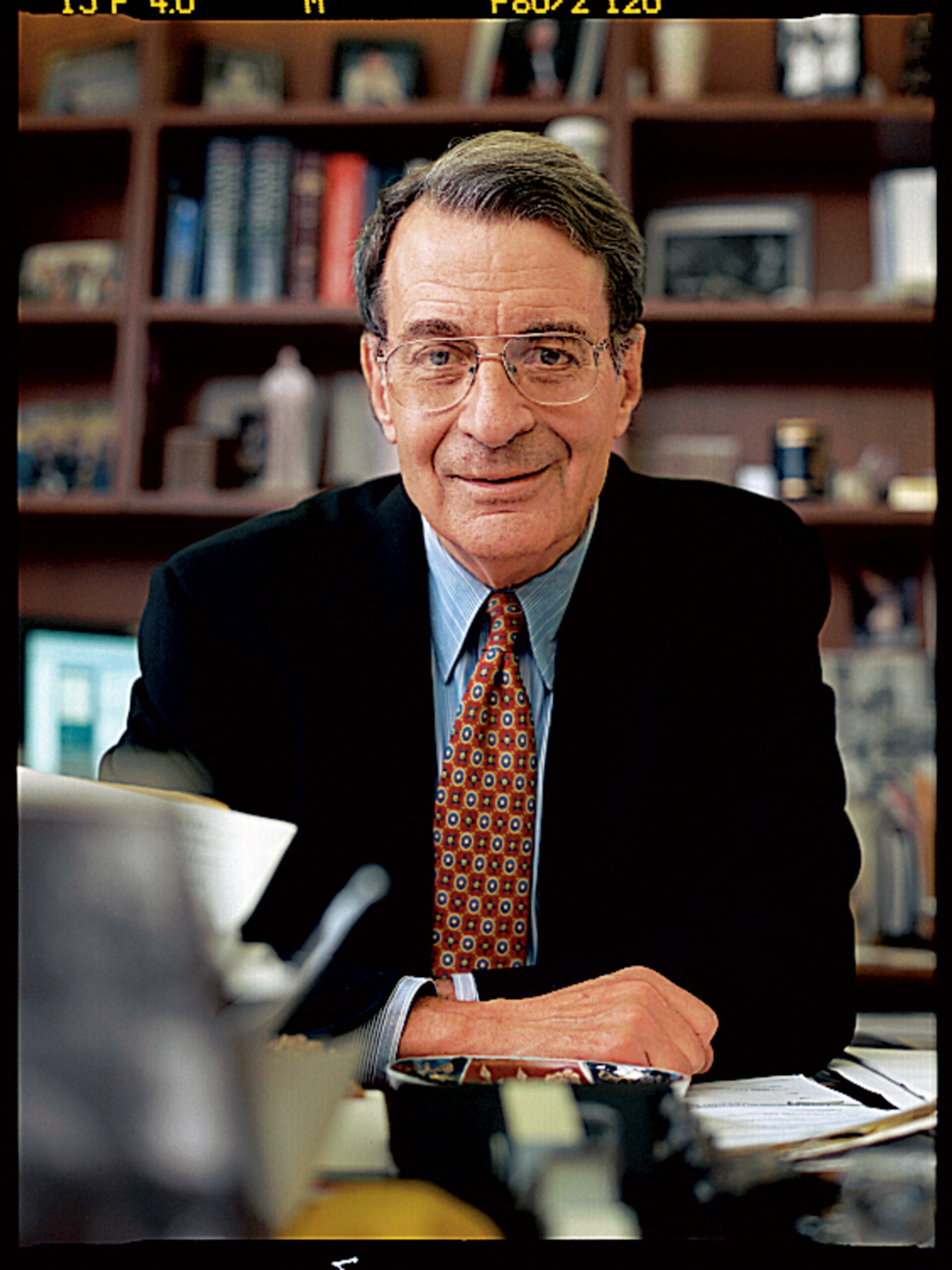Harvard Law School Professor Philip Heymann ’60, a former deputy attorney general in the Clinton administration and an expert in criminal law, testified before the U.S. Senate Committee on the Judiciary yesterday on how to regulate and prevent illegal Internet drug sales.
“We believe that familiar law enforcement techniques directed at the sources, transporters, and retail sales networks of drug dealing will prove ineffective to deal with globalized, Internet-based systems of sales and distribution of drugs,” Heymann said in his testimony. “Based on extensive discussions, we have developed recommendations designed to curtail illegal internet drug sales by targeting key points in the chain of Internet commerce.”
Heymann, whose prepared remarks were titled “Keep Internet Neighborhoods Safe: Preventing the Illegal Internet Sales of Controlled Substances to Youth,” said American youth are increasingly becoming addicted to prescription drugs such as Oxycontin and Vicodin, which they are easily able to purchase on the Internet without prescriptions.
He outlined legislation developed by the KINS Initiative — a group of individuals from drug research institutes, law enforcement agencies, Internet service providers, and credit card companies — that would strengthen cooperation between government agencies and ISP’s to block access to Web sites that illegally sell drugs, and would establish an independent monitoring group to identify and shut down such Web sites.
Heymann is the co-editor of “Drug Addiction and Drug Policy: The Struggle to Control Dependence,” and director of the Center for International Criminal Justice at HLS, which frequently distributes policy recommendations to legislators and government officials.
Related Articles:
